The largest and most contentious part of divorce without children is the division of marital property. You and your spouse may be fighting over who gets what. However, one aspect to remember is that assets are not the only divided property in a divorce – debt is, too.
Understanding debt division in Pennsylvania may influence which assets you decide to keep and how you decide to handle joint debt.
Equitable distribution
Pennsylvania is not a community property state, in which spouses have a 50/50 share in marital assets. Rather, it is an equitable distribution state, meaning that the court bases property division on what is fair for each party, not on what is exactly equal. Some of the factors judges consider include:
- Your standard of living
- How long the marriage lasted
- Tax consequences related to certain assets
- Current or potential sources of income
- The contributions of one spouse toward the other’s education or career
This approach means that, unfortunately, there is no one-size-fits-all answer to how much debt you will be responsible for once your divorce is final. However, it does mean that you are not accountable for debt your spouse incurs separately.
Debt management
Because you cannot know how the court will distribute joint debt obligations, it may be wise to speak to an attorney with experience in both debt relief and family law for advice on how to manage debt before and after your marriage legally ends. A lawyer can help you address immediate financial concerns until you establish a final plan.
If filing for bankruptcy becomes an option, you must consider when is the best time to do so. Whether it is better to file as a couple or to file after the divorce is over depends on specific circumstances, such as your income and the ability for you to cooperate in a joint bankruptcy proceeding. If you can, you may be able to save money on declaring bankruptcy together.


